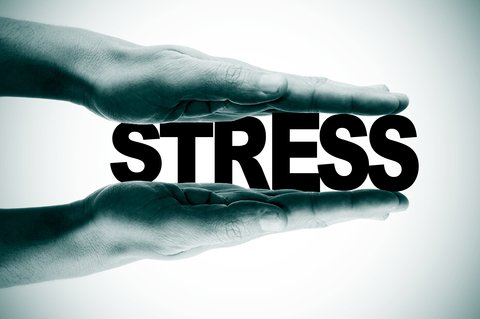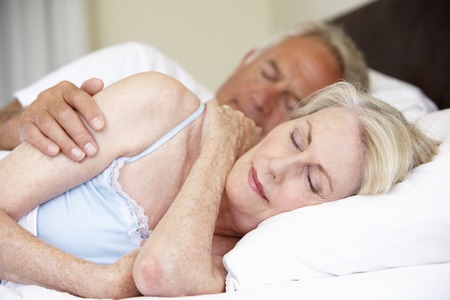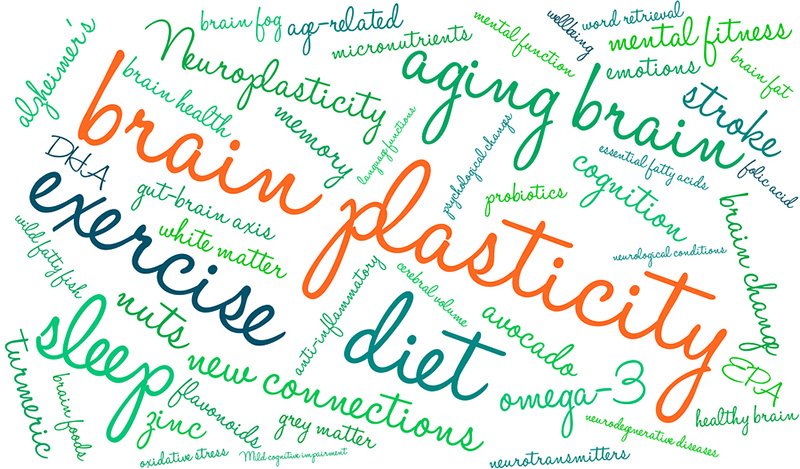Why is Sleep Important?
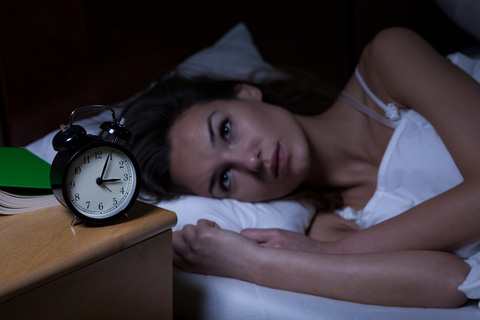
Why is sleep important? It's a question you probably don't have to ask if you have ever experienced the symptoms associated from a lack of sleep. The effects of sleep deprivation can make a profound difference in your life, and in the lives of those around you.
Lack of sleep is a reflection of the overly-scheduled lifestyles that so many of us now live. It seems there are endless things to do, and there simply aren’t enough hours in the day. From the moment your feet hit the floor you race from one activity to another. At the end of the day, you are craving sleep -- but, it just won't come.
So, what happens when you don't get enough? Has as such a lifestyle consumed you? If so, you came to the right place.
Reasons Why Sleep is Important
What are those sleep-deprived days doing to your body? What about your mind?
It turns out that sleep is more important than we once believed. The following is a list of four reasons why you should renegotiate the position of sleep in your life.
1. Your risk level for many chronic illnesses increases with each night of sleep deprivation.
Research has shown that routine sleep deprivation elevates your risk of developing certain life-threatening illnesses, including:
- Diabetes
- Heart disease
- Kidney disease
- Stroke
The development of these diseases likely comes from stress, and from the unhealthy lifestyle choices that most sleep-deprived people make.
For example, you’re more likely to make poor nutritional choices that could lead to diabetes when you don’t give your brain the rest that it needs.
2. More sleep increases your chances of adhering to a healthy diet and maintaining a healthy body weight.
How many times have you skipped a workout because you were exhausted? Do you get up earlier because you know that you won’t get your regular exercise in any other way?
Another reason why sleep is important is that sleep deprivation leads to poor food choices, so getting more snooze time can actually help you stick to your diet, stay consistent with your workouts, and rock the body that you know is hiding under the rolls!
Don’t kick yourself so hard when you’re too tired for HIIT, or any physical activity for that matter. Just get some sleep.
3. Your brain doesn’t work properly without adequate sleep.
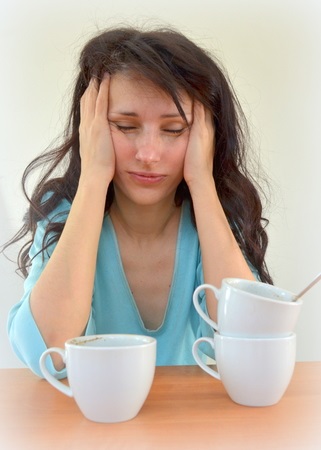
A sleep-deprived brain is slower to process information and may struggle to learn new things. You may find that you have to read the same passage in a book over and over because your mind isn’t processing or remembering what you’re reading. You may forget where you put your keys or what your boss just told you over the phone.
Lack of sufficient sleep can impair decision making. Sometimes, it might seem easier to just give up on problems that would barely challenge you on a well-rested day.
The longer you go without adequate sleep, the more troubling these cognitive deficiencies are likely to become.
4. You’re more likely to suffer from accidents when you’re poorly rested.
Falls from high places. Trips over cracks in the sidewalk or the edge of a rug. Walking into a glass door. Car accidents caused by simply not seeing a stop sign or misjudging the distance between two objects.
All of these things seem like problems that only happen to other people, but they’re far more likely to become your problems if you aren’t getting the sleep that your brain needs to judge depth, remember laws, pick up on details in your surrounding environment, react quickly, and basically keep you safe.
So, why is sleep important? Sleep is important because your body cannot function properly without it. Your body needs sleep just as much as it needs food.
Honestly consider your lifestyle. Is your health paying a dear price under the weight of insomnia?
You may think that there aren’t enough hours in the day to get everything done; but, you’ll be surprised how much more efficient you are when your brain is well rested.
Give it a try for the next month and see how your life improves.
Muse is a brain-sensing technology that synthesizes traditional psychotherapy with mindfulness theory and yoga. It is used around the world by neuroscientists, researchers, health professionals, and projects in hospitals and universities including NASA, The Mayo Clinic, UCL, MIT and many more.
Muse to improve sleep and manage stress.
More Topics That May Interest You
SLEEP TIP:
Don't turn on your television, iPad, phone, or laptop in your bedroom, unless you're wearing special glasses, such as Gunnar lenses, to block the blue light they produce. The light emitted from these devices prior to falling asleep is counter-productive to sleep, so do your very best to avoid the blue light as you approach bedtime.
For lots of tips, click on Ways to Help you Sleep (above).
Some of the advertisers on my website are affiliate partners, which means that I may receive a small commission from any sale, at no extra cost to you. For example, as an Amazon Associate I earn a small commission from qualifying purchases.
Your purchases help to support this free-information website. Thank you.
The content of this website is for informational purposes only and not intended to be taken as a replacement for professional medical advice, care, diagnosis or treatment by a doctor, dietitian, physical therapist, nutritionist or fitness instructor.
DO NOT BEGIN ANY EXERCISE PROGRAM WITHOUT CHECKING WITH YOUR DOCTOR FOR UNDERLYING CONDITIONS THAT MAY PREVENT YOU FROM DOING SO.

